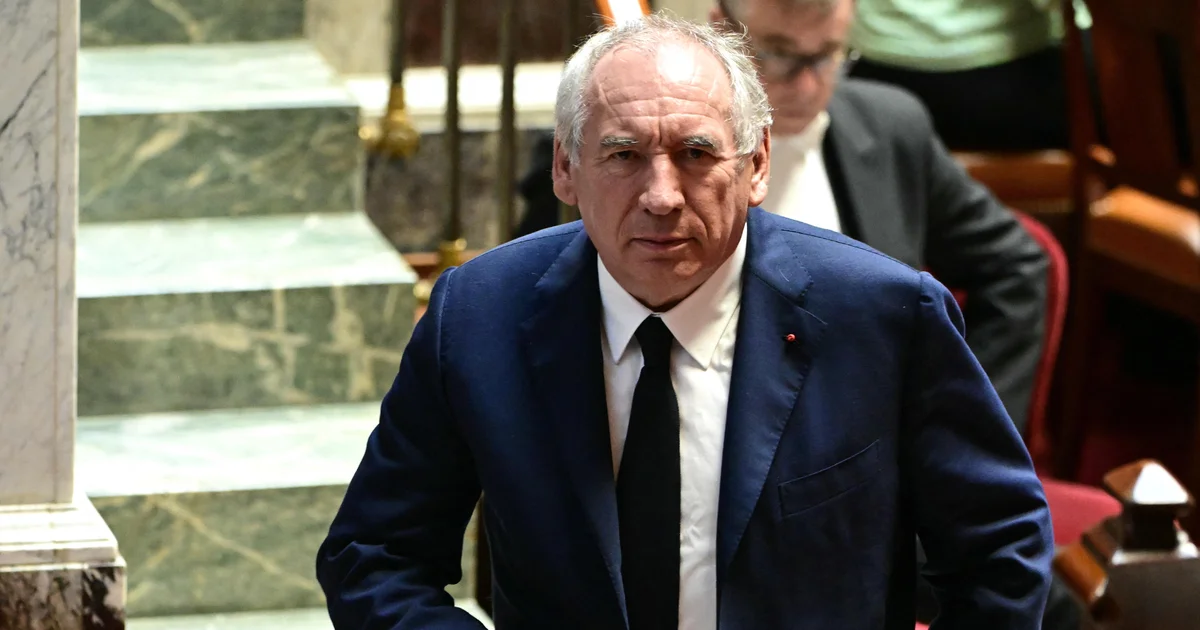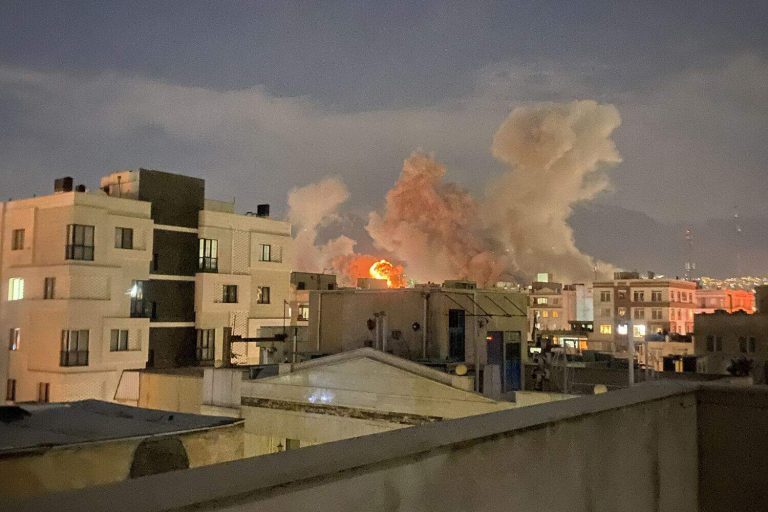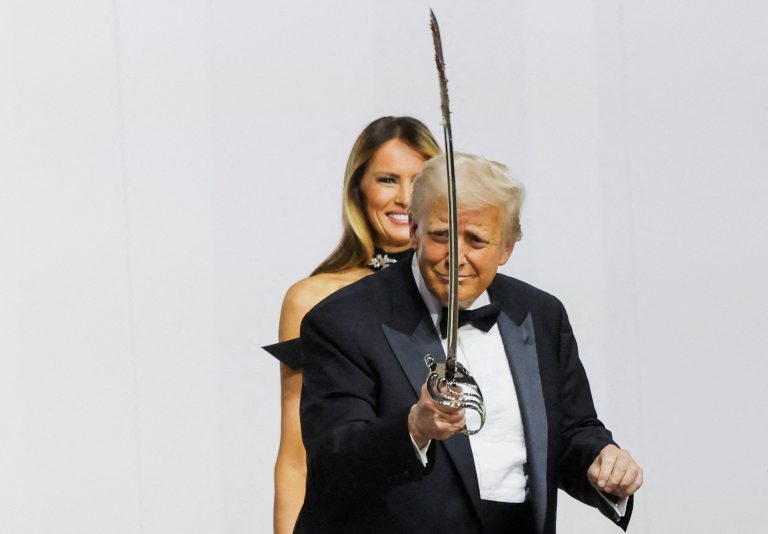
France has been thrust into fresh political turmoil after lawmakers voted overwhelmingly on Monday to remove Prime Minister François Bayrou, toppling the government at a time of mounting economic pressures and geopolitical strains.
Bayrou, who had staked his survival on an unpopular €44 billion ($51 billion) austerity plan, saw 364 MPs vote against him and just 194 in his favor.
The measures included scrapping two public holidays and freezing government spending, sparking fierce resistance across the political spectrum.
His departure, after only nine months in office, mirrors the fate of his predecessor Michel Barnier, who was ousted by a no-confidence vote last December—leaving President Emmanuel Macron scrambling for options amid a fragmented parliament and crumbling investor confidence.
The political chaos has rattled financial markets. Yields on French government bonds have climbed above those of Spain, Portugal, and even Greece—countries once at the center of the eurozone debt crisis. Analysts warn a looming sovereign debt downgrade, expected Friday, could further dent France’s economic credibility.
“You have the power to bring down the government, but you do not have the power to erase reality,” Bayrou warned lawmakers before the vote. “Reality will remain relentless: expenses will continue to rise, and the burden of debt, already unbearable, will grow heavier and more costly. We broke the social contract with younger generations.”
This latest collapse traces back to Macron’s gamble last year to call a snap parliamentary election, provoked by the far-right National Rally’s stunning performance in the May 2024 European elections.
The move backfired: his centrist bloc lost ground to both the far right and far left, producing a splintered National Assembly and political deadlock.
Now, the president’s choices are fraught with risk. Far-right leader Marine Le Pen has demanded he dissolve parliament and call new elections—an outcome that would likely strengthen her party’s hand. But even appointing a new centrist prime minister seems untenable, with both left and right promising to immediately trigger another no-confidence vote.
Names floated for the role, such as Armed Forces Minister Sébastien Lecornu and Justice Minister Gérald Darmanin, are viewed as inheriting a “poisoned chalice.” Macron could also attempt a caretaker government, but opposition hostility makes any governing coalition precarious.
The policy divide remains vast. The left insists on higher taxes for the wealthy and rolling back Macron’s corporate tax cuts, red lines for conservatives.
Meanwhile, Les Républicains, a pivotal conservative force, are unlikely to support measures aligned with socialist demands. The result: France’s budget woes look set to drag on unresolved.
Polling suggests that if fresh elections were called, the National Rally would finish first, followed by the left-wing coalition, with Macron’s centrist bloc trailing far behind. Many analysts now believe the far right is on an inevitable path to power—whether through parliament in the near term or via the 2027 presidential election.
Public frustration with the political class is at a breaking point. The far left has called for mass nationwide protests on Wednesday, rallying under the banner “Bloquons tout” (“Let’s block everything”), with trade unions planning another major mobilization on September 18.
All of this domestic upheaval comes at a critical moment globally, with wars raging in Ukraine and the Middle East. Analysts warn that France’s instability could weaken Europe’s voice on the world stage—a dynamic that both Vladimir Putin and Donald Trump are likely to exploit as they jeer at Europe’s fractures.



